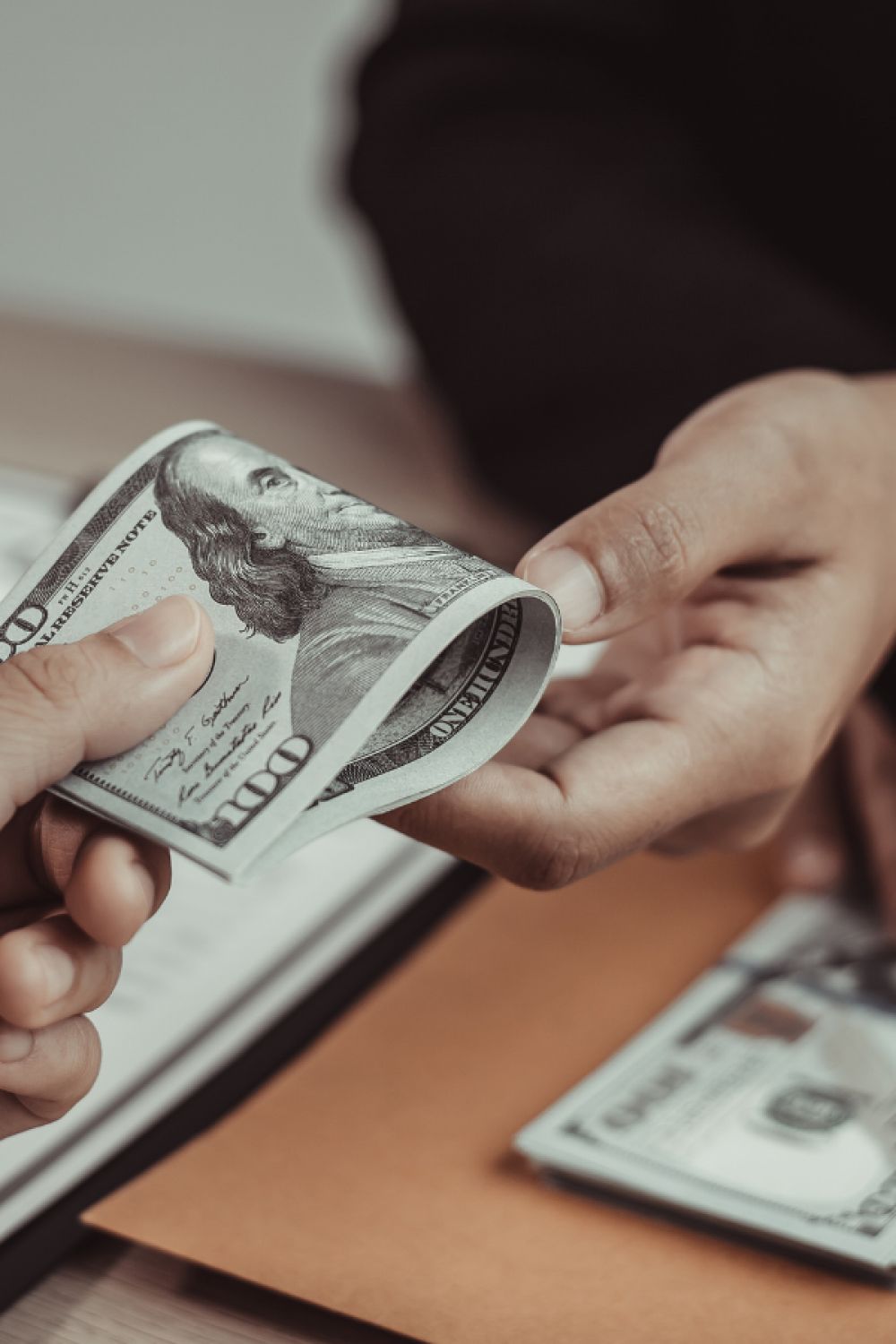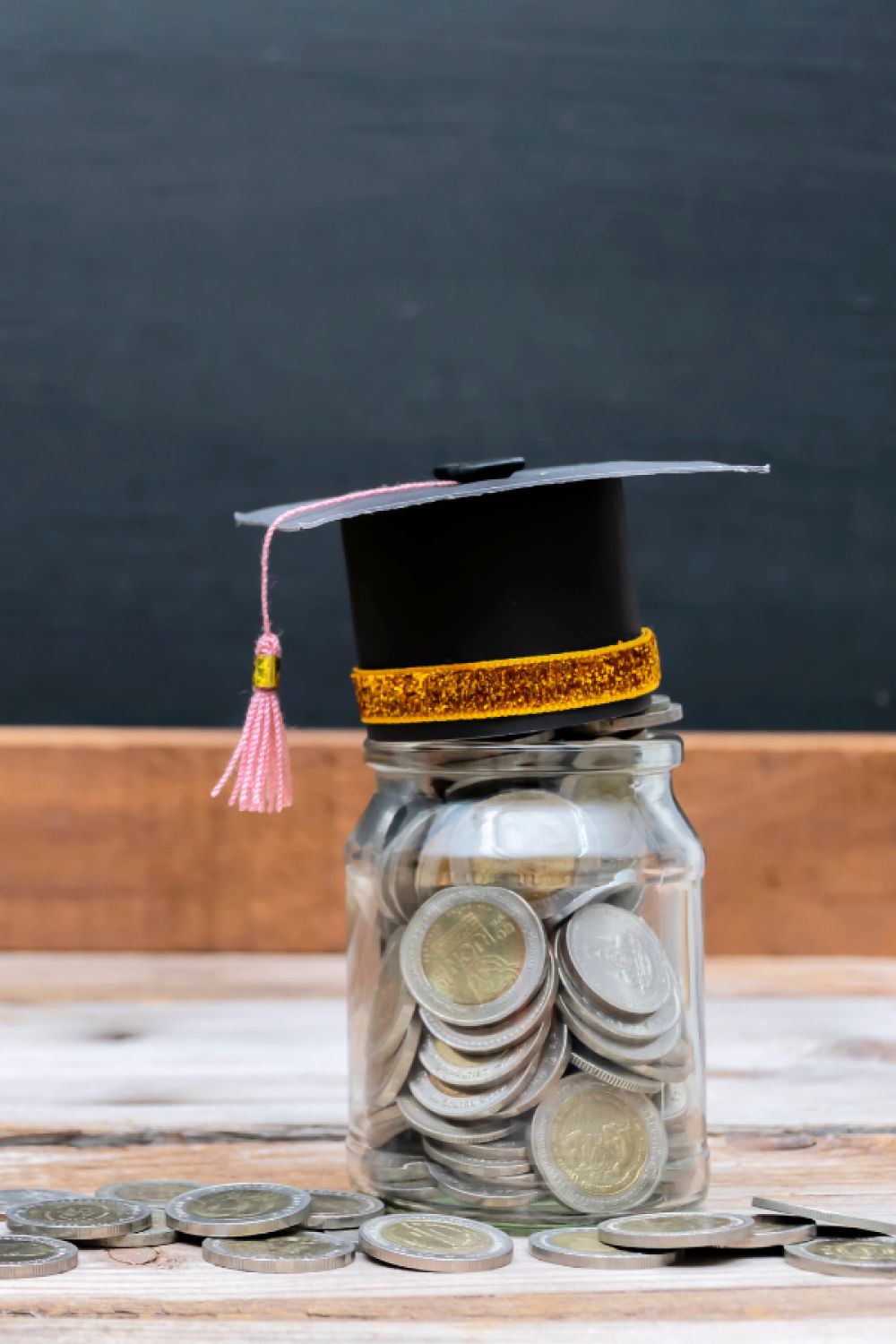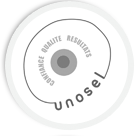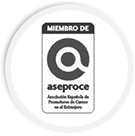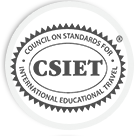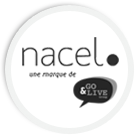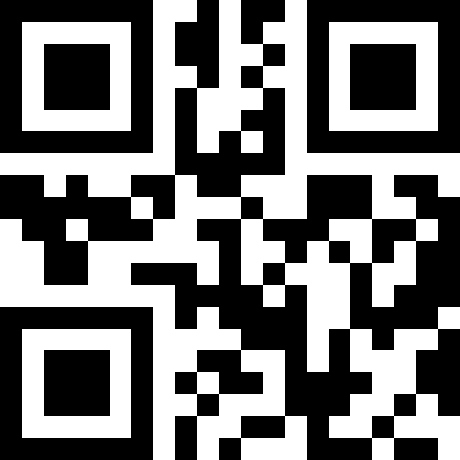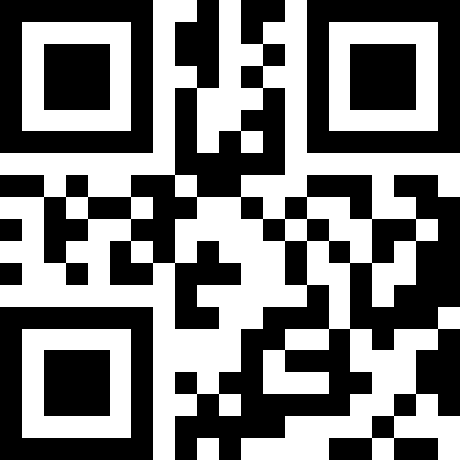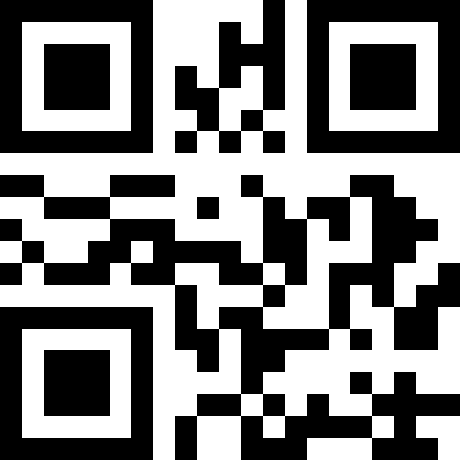Some tips for your means of payment abroad
Tips for your means of payment abroad!
Cheques, Travellers cheques, credit card, withdrawing money from an ATM... What is the best way to pay when you are abroad?
There are often several details that we forget when for example we buy a little souvenir of our language course in a foreign country! Currently, the fastest and most secure means of payment is the international credit card.
However, it should not be overlooked that when you pay by credit card, banks charge a fee proportional to the amount paid. And sometimes, it adds fixed costs (1 per transaction).
If you want to withdraw money abroad, remember that each bank will automatically invoice you banking fees.
Sometimes prefer counter withdrawals rather than ATM! To know this, check with your bank who will advise you the best way for opening a bank account with international credit card while abroad.
Once you have your placement finalized you will also see if there are local partner banks of your bank of your home country available in the neighbourhood in order to limit the costs of withdrawal. Talk to your bank and at the same time, check on the maximum amounts of your credit card, that is to say, how much you can withdraw per day, per week and at the same time, and also check how much you can pay per day and per week. If those amounts are not suitable, adjust your accounts with your bank before departure.
Do not forget...
Do not forget to check if you are insured for theft too. Make sure you bring the phone number in case of emergency to do a so called opposition.
If you want to bring your national currency and exchange it with the local currency on location, pay attention to the exchange rates! You must compare offers.
The exchange rates in airports or in tourist areas may be much less favorable than in local banks, especially if they take an additional commission. Of course, you can change money in your home country, for example, buy USD in a bank in France. This can be good to have some cash on arrival in a foreign country but you cannot buy all currencies: USD, EUR, GBP are the ones that can be generally exchanged everywhere.
Our advice
We advise you to withdraw money at the beginning and then use this money during your stay, to avoid too many banking fees.
Plan a budget between 200 and 250 per month. It is very difficult to give a precise figure because each student is different and doesn't spend her/his spending money the same way!
We also recommend that you bring some Traveller's Cheques with you (no more than 350) which can be your "reserve fund" on arrival or during the school year. On site you can exchange them against cash. These checks will help you out too if you are robbed your credit card.
Note that if you lose or if you are stolen, they will be refunded. You can also transfer money through Western Union or the Post Office. This practice has grown significantly recently. You must go in one of Western Union offices or mail with your ID and you will be asked to complete a form and submit the amount you want to transfer cash. You will be given a number. Then the receiver can recover the money with his ID and the number you would have given him.
We encourage you to spread your cash, your traveler's cheques and your credit card in different places (pocket, bag, backpack, suitcase, in your host family etc...) because in case of theft, you will have not lost everything and you will keep some financial resources.
Remember that your host family, the local coordinator or the language school are not requested to lend you any money. We advise you to avoid money transaction with your host family. If you borrow money from someone on location, please be sure to refund this person before you leave the country. Travel in peace thanks to Nacel Educational Travel!
Book now your course in a language school abroad!

Céline Gibassier is an Educational Advisor at Nacel International. She shares her passion for cultural exchange and language travel with students who want to study abroad and live new experiences.
She studied at Sciences Po Strasbourg and spent time abroad, giving her both strong academic knowledge and practical experience in student mobility, program development, and host family coordination.
Based in France, Céline has built a wide international network in the language travel and education fields. In her role, she helps students and host families work well together, ensures quality service, and supports meaningful and life-changing travel experiences.


